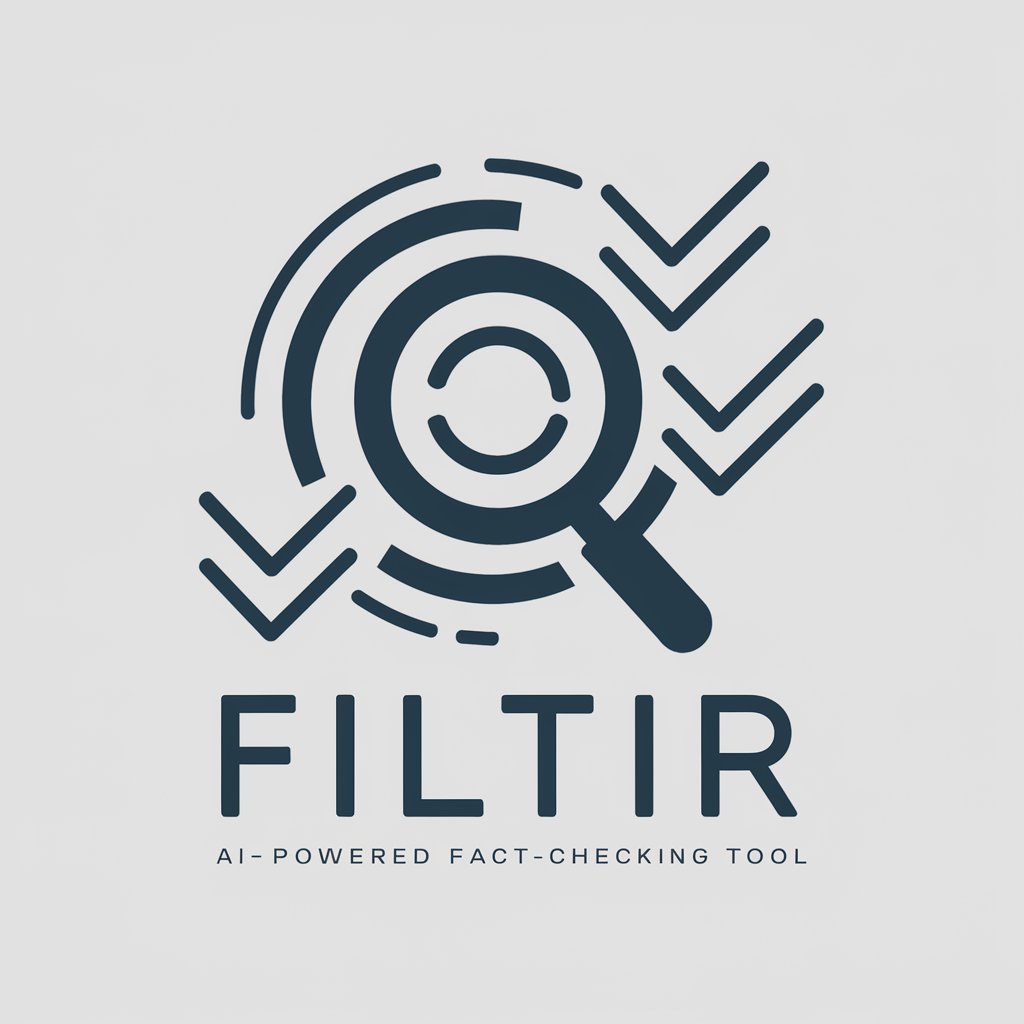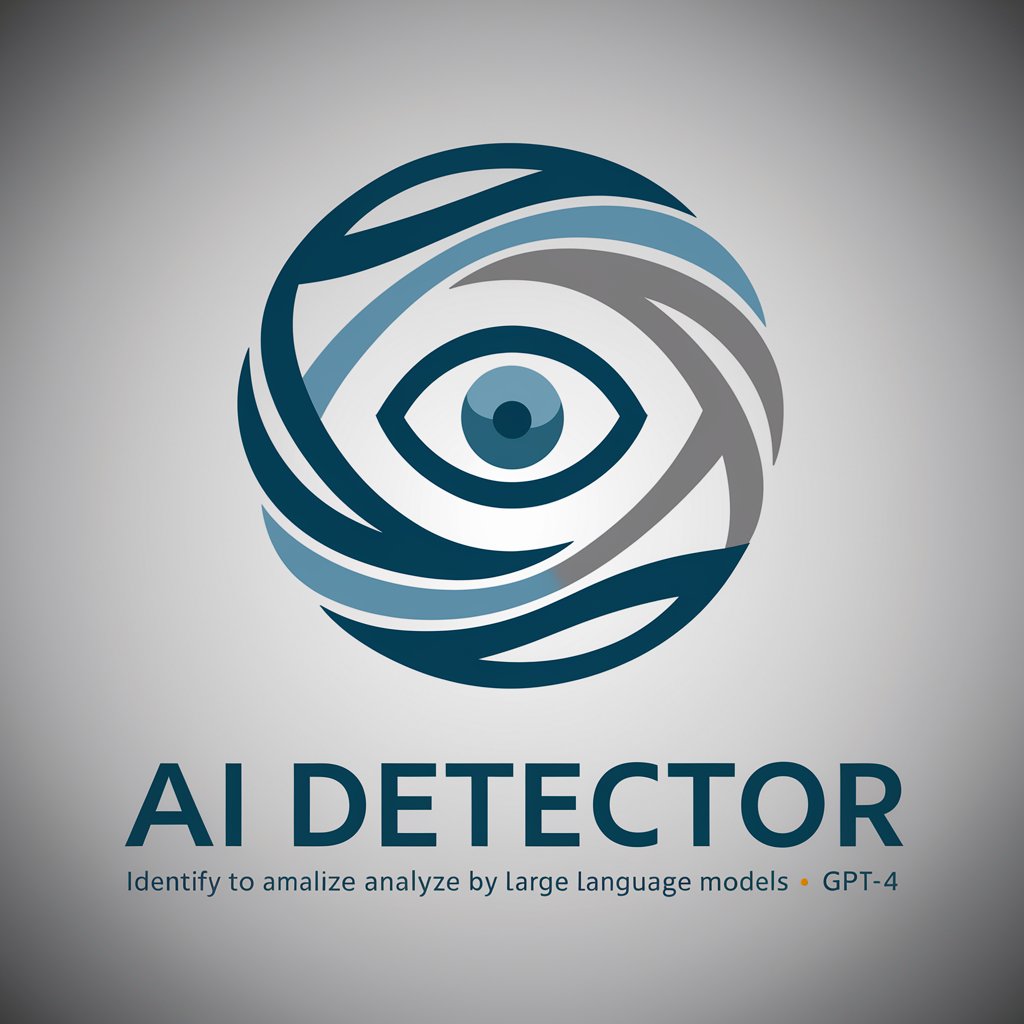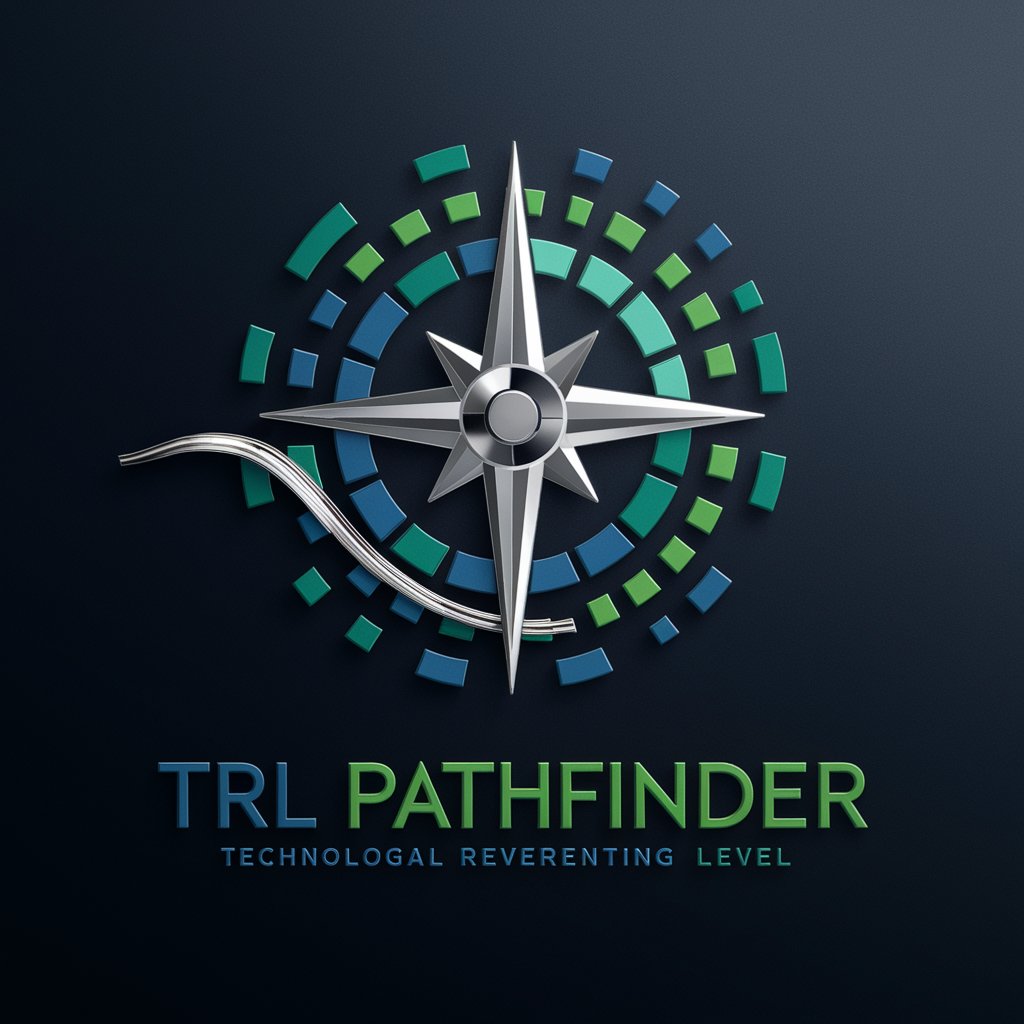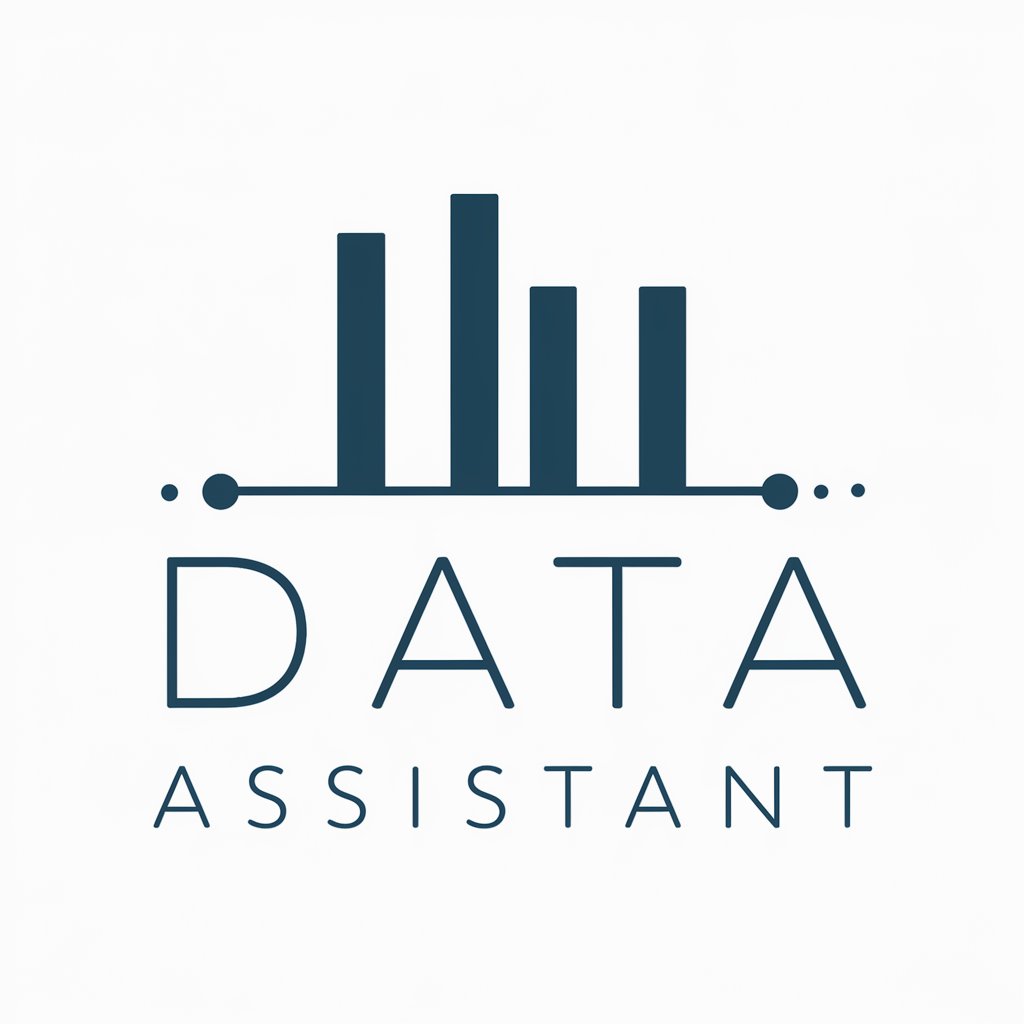13 GPTs for Research Validation Powered by AI for Free of 2025
AI GPTs for Research Validation are advanced tools designed to support and enhance the reliability of research through the use of Generative Pre-trained Transformers (GPTs). These tools leverage the power of AI to automate and improve the validation process of research findings, making them indispensable in the realm of scientific inquiry and data analysis. By providing customized solutions for analyzing, summarizing, and verifying research data, GPTs play a crucial role in ensuring the accuracy and credibility of research outcomes.
Top 10 GPTs for Research Validation are: Détecteur de plagiat,gpt zero,Đánh giá luận án, luận văn,Plagiarism and AI Detection Scout,Filtir,AI Detector,IdeaSurver,Apoorva Idea Validator,TRL Explorer,Experiment Advisor
Détecteur de plagiat
Empower Originality with AI

gpt zero
Unravel Text, Uncover Truth: AI-Powered Analysis

Đánh giá luận án, luận văn
Transforming Academic Review with AI

Plagiarism and AI Detection Scout
Unveiling Originality with AI Power

Filtir
Uncover Truth with AI Precision

AI Detector
Detect AI text with precision.

IdeaSurver
Streamlining Research with AI Insights

Apoorva Idea Validator
Illuminate your idea's potential pitfalls with AI.

TRL Explorer
Elevating Project Readiness with AI

Experiment Advisor
AI-powered Research Advisor

DATA ASSISTANT
Empowering insights with AI-driven analytics

Academic Integrity Assistant
Ensuring Academic Authenticity with AI

Authenticity Scout
Ensure authenticity with AI-powered scrutiny.

Key Attributes of AI GPTs in Research Validation
AI GPTs tools for Research Validation boast a range of unique features tailored to the needs of the research community. These include advanced data analysis capabilities, the ability to learn and adapt to specific research domains, and support for a wide array of languages. Specialized features such as technical documentation support, web searching capabilities, and image creation enhance their versatility. The adaptability of these tools allows for application in both simple and complex research validation tasks, making them a powerful asset in the researcher's toolkit.
Who Benefits from Research Validation GPTs?
The primary users of AI GPTs for Research Validation encompass a broad spectrum, from novice researchers and students to seasoned professionals and developers in the field. These tools are designed to be accessible to individuals without extensive coding skills, while also offering sophisticated customization options for those with technical expertise. This dual approach ensures that a wide range of users can leverage GPTs to enhance their research validation efforts, regardless of their background.
Try Our other AI GPTs tools for Free
Security Policy Development
Explore AI-driven GPTs for optimizing your security policies. These tools offer adaptive, intelligent solutions for drafting and managing security measures effectively and efficiently.
Songwriting Inspiration
Discover how AI GPTs revolutionize songwriting with innovative tools designed to inspire and assist musicians in creating compelling lyrics and melodies.
Artistic Messaging
Discover how AI GPTs for Artistic Messaging revolutionize creative expression, offering tools for text and image generation tailored to your artistic vision.
Meditative Guidance
Discover AI-powered Meditative Guidance tools, designed to offer personalized meditation experiences through advanced AI technology, making mindfulness accessible to all.
Cosmic Understanding
Discover AI GPTs for Cosmic Understanding: advanced tools designed to unlock the mysteries of the cosmos through powerful AI-driven insights and analyses, accessible to enthusiasts and professionals alike.
Learning Reinforcement
Explore AI GPTs for Learning Reinforcement, cutting-edge tools designed to revolutionize learning through personalized, interactive experiences. Perfect for learners and educators alike.
Enhancing Research Through AI GPTs
AI GPTs offer customized solutions that significantly benefit various sectors by streamlining the research validation process. Their user-friendly interfaces and the potential for integration with existing systems or workflows make them a versatile tool in enhancing the efficiency and reliability of research outcomes.
Frequently Asked Questions
What exactly are AI GPTs for Research Validation?
AI GPTs for Research Validation are specialized AI tools that assist in the process of validating research findings by using advanced algorithms and machine learning techniques to analyze, summarize, and check the reliability of data.
How can these tools enhance the research validation process?
They automate the labor-intensive aspects of research validation, provide sophisticated data analysis, ensure accuracy through advanced algorithms, and support a range of functionalities from web searching to technical documentation.
Are these tools accessible to those without a programming background?
Yes, AI GPTs for Research Validation are designed with user-friendly interfaces that allow individuals without coding skills to utilize their functionalities effectively.
Can AI GPTs adapt to different research domains?
Yes, these tools have learning capabilities that allow them to adapt and provide tailored support across various research domains, enhancing their effectiveness in the validation process.
What makes AI GPTs different from traditional research tools?
AI GPTs integrate advanced AI, machine learning, and natural language processing technologies, offering more sophisticated analysis and automation capabilities compared to traditional research tools.
Can I customize these AI GPT tools for specific research needs?
Yes, many AI GPT tools offer customization options that allow users to tailor functionalities according to their specific research requirements and objectives.
How do AI GPTs support technical documentation in research?
They can automatically generate, summarize, and review technical documents, making the preparation of research documentation more efficient and accurate.
Are there any limitations to using AI GPTs in research validation?
While AI GPTs offer significant advantages, they require careful oversight to ensure accuracy. Limitations may include the need for domain-specific training and the potential for biases in the underlying data.